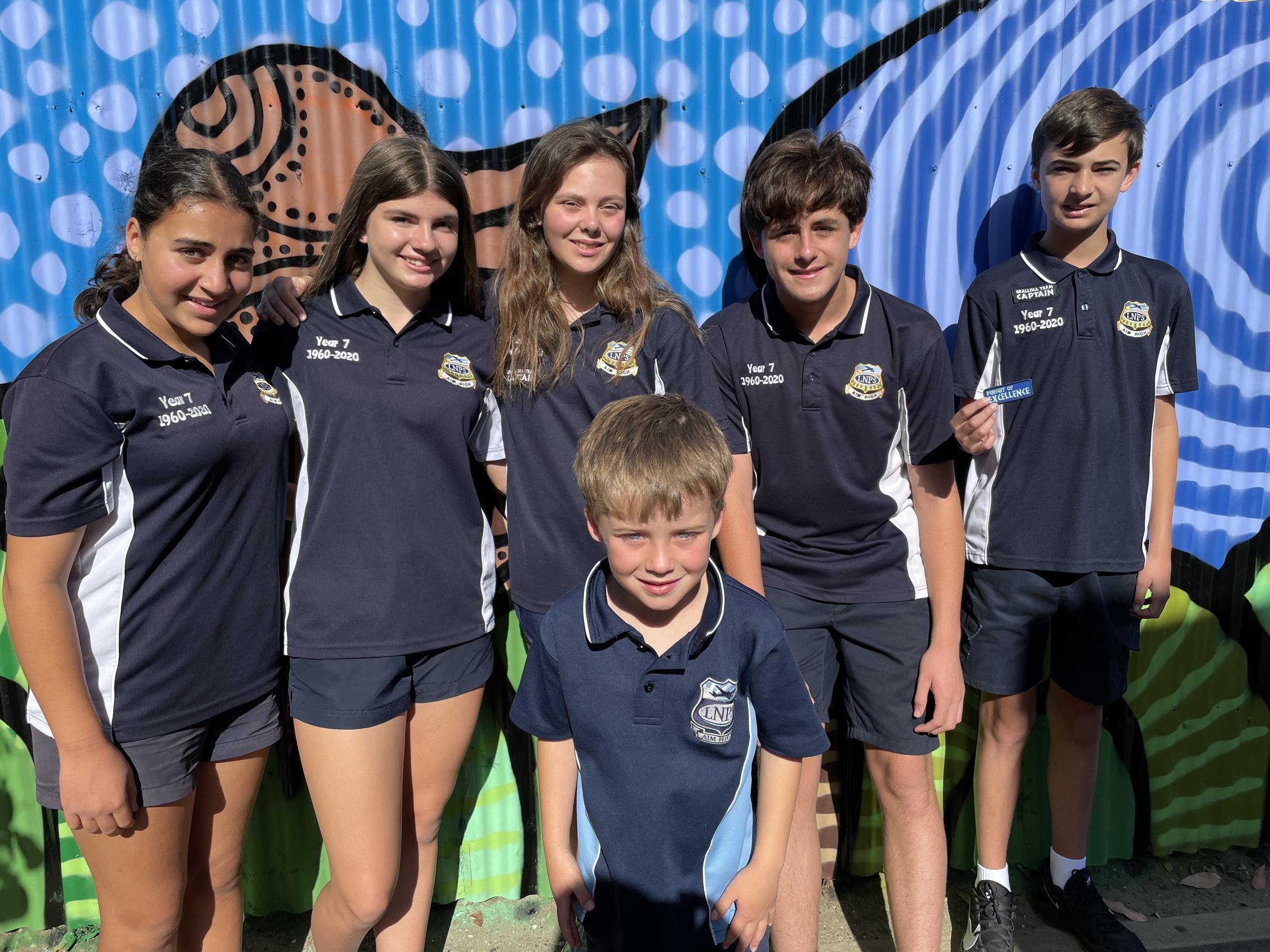School of Thought
Rosemary Saxon - Assistant Principal Teaching and Learning

School of Thought
Rosemary Saxon - Assistant Principal Teaching and Learning
As we come to the close of a successful year of teaching and learning at LNPS, we reflect on the confidence and resilience that both staff and students have developed in a year of global change. We have supported students as they have navigated many changes this year. Staff, both teaching and SSOs have a holistic approach to teaching and learning, taking into account children’s physical, emotional, social and learning needs. Throughout the year, we have prioritised children’s wellbeing and formed responsive relationships with children and families, which has enabled students to thrive in their academic learning. The literacy and numeracy outcomes for students in a year of uncertainty and change have been outstanding and we hold the expertise of our highly competent staff in high esteem.
The upcoming holidays are a wonderful opportunity to grow and learn together and to continue to build confidence and resilience through everyday shared experiences. It is important to recognise that everyday experiences of talking and learning about the world, enhance literacy and numeracy learning.
Children learn to be literate through their interactions with others through daily experiences. Your child’s vocabulary will be extended and a sense of belonging and wellbeing supported, by naming and talking about what is happening and what will happen next. Involving your children in daily life, in a conversational way and telling family stories support a sense of self and support him/her to become increasingly literate.
As mentioned in a previous inewsletter, the art of storytelling is an ancient literacy experience. Storytelling continues to be a rich experience that enables the storyteller, as well as the listener to engage deeply in a story. Stories may be traditional ones, family stories or stories about daily events. Think of the stories told over generations around a campfire. When children hear stories told over and over again they are able to visualise the characters, and may be transported in their imagination to faraway places. Props such as puppets, hand gestures and different voices are powerful tools to use when telling stories as they encourage children to interact in imaginative ways.
Children are storytellers, too. By taking time to engage with the stories that children develop, the listener is taken into another world and learns more about the children’s experiences and understanding of their world. (Reading: from beginnings towards proficiency | Chapter 6: Families and communities reading together, 2014)
Take time over the holidays to rediscover family stories from your extended family. Search out stories to retell from your heritage. Spend time together to create stories through rich language and vocabulary. Engage in storytelling new stories, co-created with your child.
Find time to rejuvenate after a successful year of learning and embrace the opportunity for conversation. Be assured that literacy learning for your child goes beyond the school environment, to families and communities where children thrive.
Have a safe, calm and enjoyable holiday together.